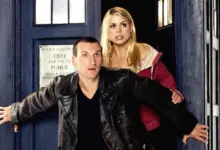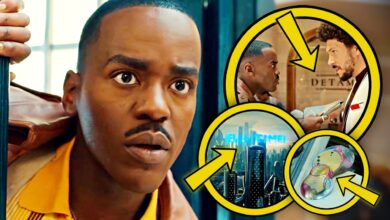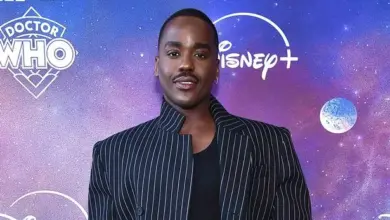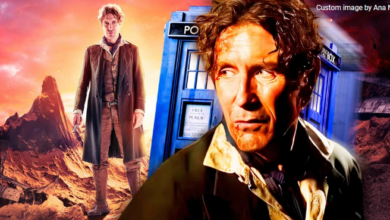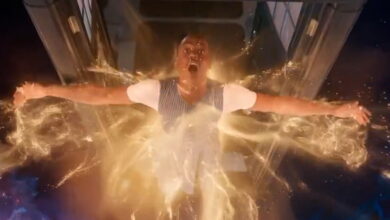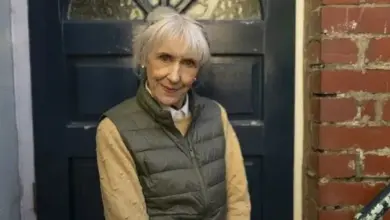I’m Amazed A Doctor Who Monster From The Ninth Doctor’s Era Hasn’t Returned Yet, Especially After Season 15’s Premiere
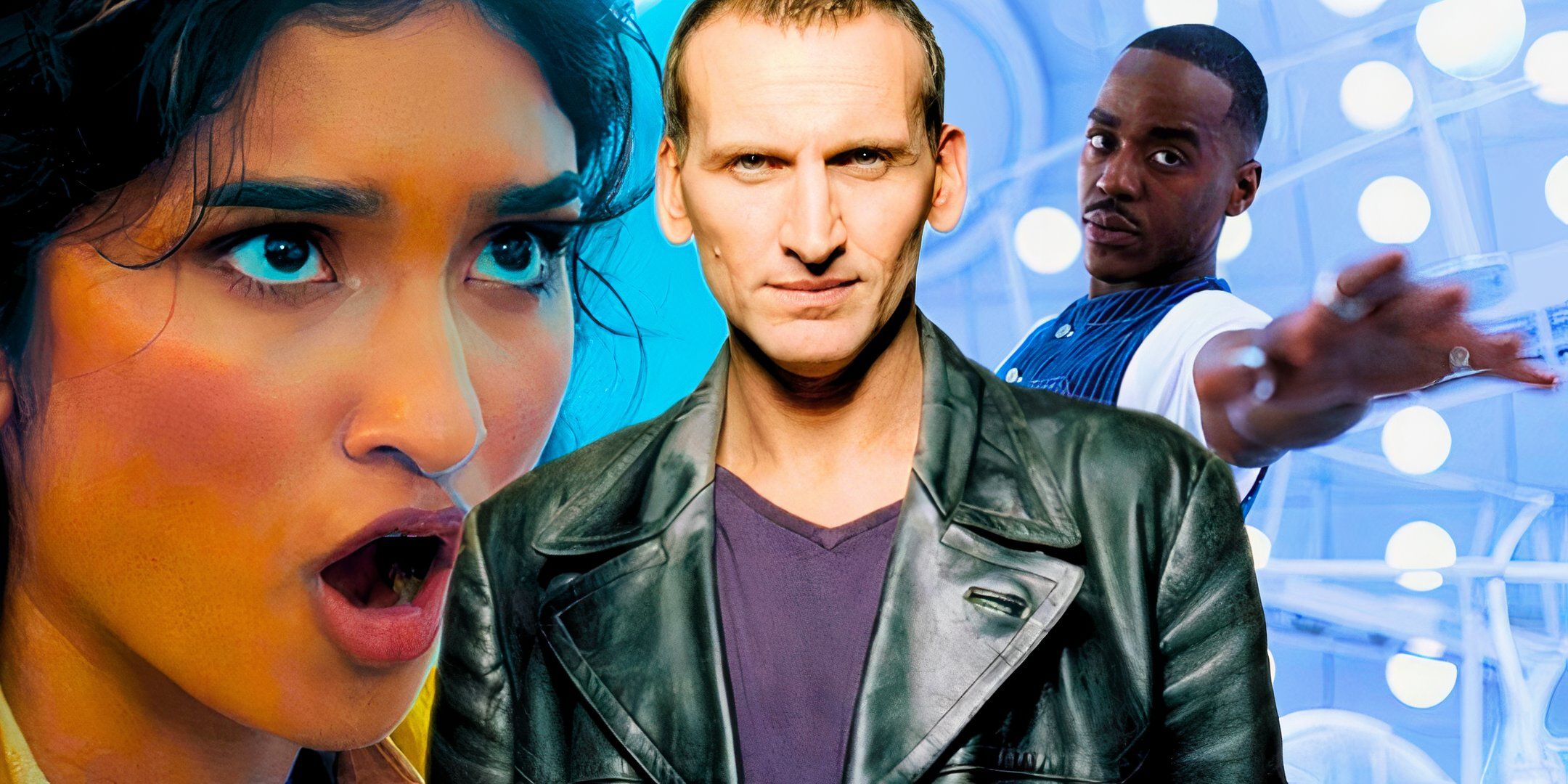
Warning: Spoilers ahead for Doctor Who season 15, episode 1, “The Robot Revolution.”Christopher Eccleston’s lone season as the Ninth Doctor primarily introduced new Doctor Who villains rather than revisiting too many from the classic era, and one of those bad guys Nine faced should definitely have shown up in the season 15 premiere. As the first lead actor of Doctor Who‘s modern era, Eccleston’s 13 episodes in 2005 brought the show back after decades of inactivity. Although Paul McGann’s failed Doctor Who movie arrived in 1996, the show itself was canceled in 1989.
With Gatwa becoming the first new Doctor of Doctor Who‘s Disney era, he has a similar task of bringing the show to new audiences. However, the canon remains intact across all eras of Doctor Who, which raises an interesting question about one moment in “The Robot Revolution.” Although Fifteen has encountered very few of Doctor Who‘s recurring villains, the season 15 premiere opened the door to an exciting reunion that never happened – but it isn’t the first time the long-running British sci-fi has ignored this clear opportunity.
The Ninth Doctor’s Encounter With The Reapers Explained (& Why They Should’ve Returned By Now)
The Reapers’ absence is one of the biggest Doctor Who mysteries since 2005
Although the Doctor has crossed paths with the Reapers more than once across Doctor Who media, only the show is considered part of the established canon. So, Doctor Who season 1, episode 8, “Father’s Day,” remains the only confirmed appearance of the temporal creatures. Nine explains in the episode that Reapers appear to “sterilize the wound by consuming everything inside” whenever someone alters a fixed point in time and causes a paradox, which Rose Tyler (Billie Piper) does by stopping her father from dying when he was supposed to.
-
Something needs to change for Doctor Who1 week ago
Nine states in “Father’s Day” that the Time Lords would have once prevented the Reapers from attacking, but their absence means there is little else to stop them.
Since the end of “Father’s Day,” the Reapers haven’t shown up again, but they really should have done. Rose’s intervention wasn’t the last time Doctor Who has shown the timeline being altered in ways it shouldn’t have been, but the Reapers have remained conspicuously absent since the end of “Father’s Day.” In a show like Doctor Who that will inevitably be filled with paradoxes, it was perhaps a bold move to introduce such a villain without also explaining why they would never return.
The Physical Contact Of The Two Star Certificates In “The Robot Revolution” Should Have Summoned The Reapers
Belinda and Alan’s union set up a Reaper comeback

Although the initial appearance of the Reapers is caused by Rose’s dad surviving the event that was supposed to kill him, what gives them even more power is when Rose holds herself as a baby. The crossing of her own timeline in such a quantifiable way creates a new paradox and allows the Reapers to break through the only defensible position she and the other characters can find – the walls of an old church, the age of which slows down the Reapers’ attempts to attack and kill everyone.
In “The Robot Revolution,” Belinda Chandra (Varada Sethu) and Alan “The AI Generator” Budd touch together two versions of the same certificate from different points in its own timeline. This is an incredibly similar scenario to what happened with Rose and her much younger self in “Father’s Day,” but the Reapers are nowhere to be seen. While this isn’t the only instance in Doctor Who that should have brought the Reapers out of hiding, it’s certainly one of the purest examples of their confusing absence.
Why The Reapers Haven’t Returned To Doctor Who Since “Father’s Day”
The most likely reason is how repetitive the monsters could have become
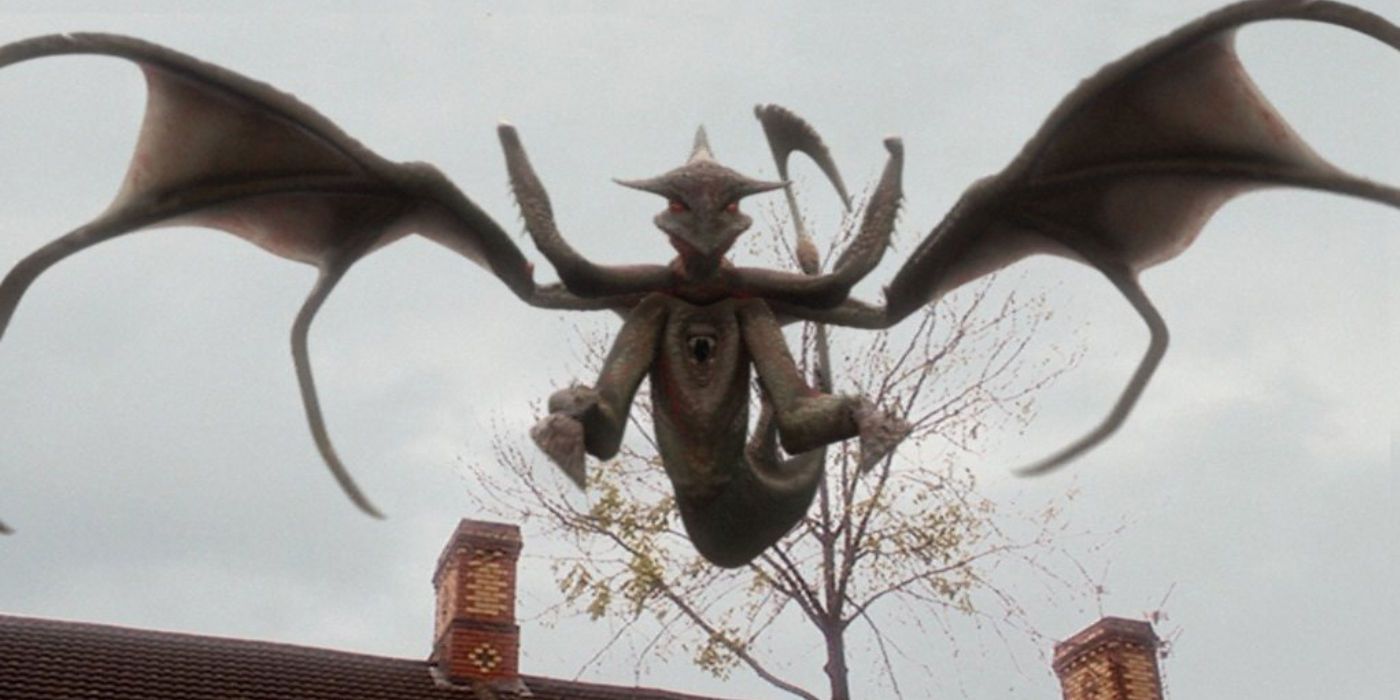
There are two main explanations why the Doctor hasn’t faced the Reapers since their lone appearance in 2005. The first isn’t anything to do with the in-universe Doctor Who canon, but rather the writing/continuity issues that the monsters cause. In short, the introduction of the Reapers made for an excellent episode, but it would restrict the show far too much if the Doctor had to fight them again every time a paradox happened. So, it was easier to just kind of let them fall by the wayside rather than have to bring them back so often.
What I think is the most reasonable theory is that the joint effort of the Doctor and Pete Tyler (Shaun Dingwall) to defeat the Reapers was as permanent as it looked and that they were the last group of the creatures in existence.
Doctor Who has never explained the Reapers’ absence, but there must be an in-universe reason. What I think is the most reasonable theory is that the joint effort of the Doctor and Pete Tyler (Shaun Dingwall) to defeat the Reapers was as permanent as it looked and that they were the last group of the creatures in existence – if there were ever more in the first place. Pete sacrifices himself to fix the paradox, so the Reapers have nothing to feed off in that instance. As such, it could’ve been enough to wipe them from the Doctor Who universe.


